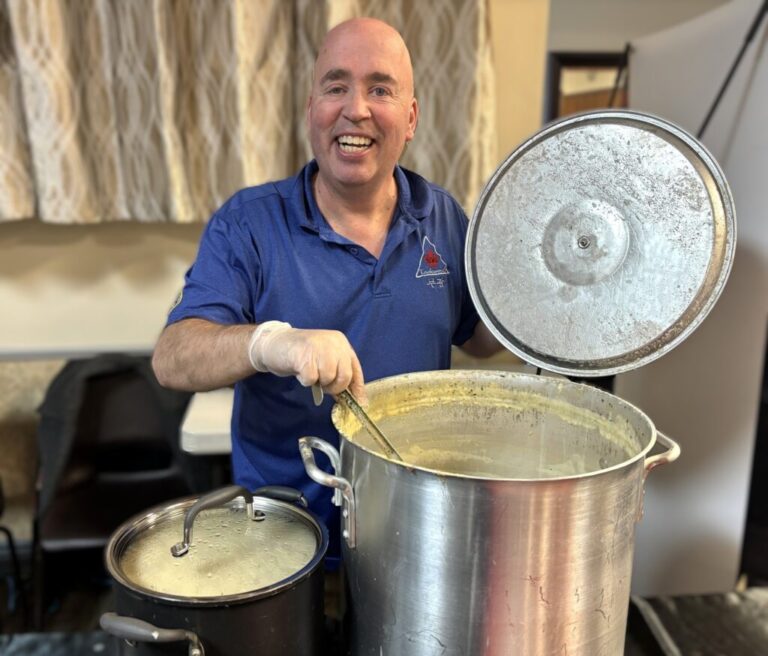
Undergoing surgery can be a daunting experience for anyone. From the complexities of the procedure to the anxieties about recovery, it’s crucial to be well-prepared to ensure the best possible outcome. This blog post aims to demystify the preparation process for surgical procedures and provide you with a comprehensive guide on how to get ready. Whether you’re facing a minor outpatient surgery or a more extensive operation, knowing what to expect and how to prepare can help alleviate stress and improve your overall experience.
Understand Your Procedure
One of the first steps in preparing for surgery is to fully understand the procedure you’ll be undergoing. This involves not only knowing the name of the surgery but also understanding why it’s necessary and what it entails. It also includes finding a surgeon who specializes in your particular procedure and discussing any concerns or questions you may have. Ask your surgeon to explain the procedure in detail, including the steps involved, the expected outcomes, and any potential risks or complications. Don’t hesitate to ask questions, no matter how trivial they may seem. The more informed you are, the more comfortable you’ll feel going into the surgery.
Additionally, it’s helpful to do your research. Look up reputable medical sources to gain a broader understanding of your surgery. Knowing what to expect can significantly reduce anxiety and help you mentally prepare. However, be cautious about where you get your information; stick to trusted medical websites and steer clear of forums or unverified sources that may provide misleading information.
Pre-Surgical Testing and Appointments
Before your surgery, you’ll likely need to undergo several tests and consultations to ensure you’re fit for the procedure. These pre-surgical appointments are crucial for identifying any potential issues that could complicate the surgery. Common tests include blood work, imaging studies like X-rays or MRIs, and possibly an electrocardiogram (EKG) to check your heart’s health. Your healthcare team will inform you about which tests are necessary based on your medical history and the type of surgery you’re having.
During these appointments, it’s essential to provide a comprehensive medical history, including any medications you’re currently taking, allergies, and past surgeries. This information helps your medical team make informed decisions about your care. Additionally, these appointments are an excellent opportunity to discuss any concerns or questions you might have. Being proactive in your pre-surgical consultations can help you feel more prepared and confident about the upcoming procedure.
Medication Management
Managing your medications before surgery is another critical aspect of preparation. Certain medications can increase the risk of complications during surgery, so your healthcare provider may advise you to stop taking them temporarily. Blood thinners, for example, can increase the risk of bleeding, while some herbal supplements may interfere with anesthesia. Make sure to provide your surgical team with a complete list of all medications and supplements you’re taking.
Your doctor will give you specific instructions on which medications to continue and which to stop. It’s crucial to follow these guidelines carefully to minimize any risks. Additionally, if you have any chronic conditions that require medication, such as diabetes or hypertension, your healthcare team will provide tailored advice on managing these conditions in the days leading up to your surgery. Proper medication management is vital for a smooth surgical experience and successful recovery.
Lifestyle Adjustments
In the weeks leading up to your surgery, making certain lifestyle adjustments can significantly impact your recovery. For instance, maintaining a healthy diet can help boost your immune system and promote faster healing. Focus on consuming nutrient-rich foods, such as fruits, vegetables, lean proteins, and whole grains. Staying hydrated is equally important, so make sure to drink plenty of water.
If you smoke, it’s highly advisable to quit, at least temporarily, as smoking can impair your body’s ability to heal and increase the risk of complications. Similarly, limiting alcohol consumption can help your body recover more efficiently. Regular exercise, even light activities like walking, can also improve your overall fitness and readiness for surgery. By making these lifestyle adjustments, you’ll be better prepared physically and mentally for the challenges of surgery and recovery.
Plan for Post-Surgery Care
Proper planning for your post-surgery care is essential for a smooth and speedy recovery. Start by arranging for someone to drive you home after the procedure, as anesthesia and pain medications can impair your ability to drive. It’s also a good idea to have someone stay with you for the first 24 to 48 hours after surgery to help with daily tasks and monitor your recovery.
Prepare your home to accommodate your needs during the recovery period. This might involve setting up a comfortable resting area with easy access to essentials like water, snacks, medications, and entertainment. You may also need to make temporary modifications to your living space, such as moving frequently used items to lower shelves to avoid bending or lifting. Additionally, stock up on groceries and other necessities beforehand to minimize the need for trips outside your home during the initial recovery phase.
Mental and Emotional Preparation
Finally, don’t underestimate the importance of mental and emotional preparation when facing surgery. It’s natural to feel anxious or fearful, but there are several strategies you can employ to manage these emotions. Practicing relaxation techniques such as deep breathing, meditation, or visualization can help calm your mind and reduce stress. You might also find it helpful to talk to someone who has undergone a similar procedure; hearing about their experience can provide reassurance and practical tips.
Support from family and friends can be invaluable during this time. Don’t hesitate to lean on your support network and communicate your feelings openly. If your anxiety is overwhelming, consider seeking the help of a mental health professional who can provide coping strategies tailored to your needs. Remember, a positive mindset can significantly impact your overall experience and recovery, so take proactive steps to prepare mentally and emotionally.
Preparing for surgery involves more than just showing up on the day of the procedure. It requires careful planning, understanding, and proactive steps to ensure the best possible outcome. From understanding your procedure and managing medications to making lifestyle adjustments and planning for post-surgery care, each step plays a crucial role in your overall experience and recovery. Additionally, mental and emotional preparation can help you face the challenges of surgery with confidence and resilience.
By following these comprehensive guidelines, you can approach your surgery with a sense of preparedness and control. Remember, your healthcare team is there to support you every step of the way, so don’t hesitate to reach out with any questions or concerns. Proper preparation not only helps alleviate anxiety but also sets the stage for a successful surgery and a smoother recovery.













